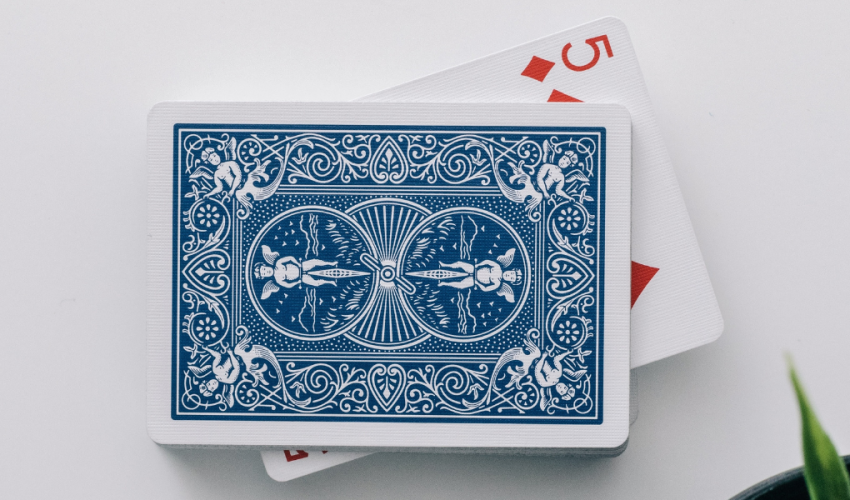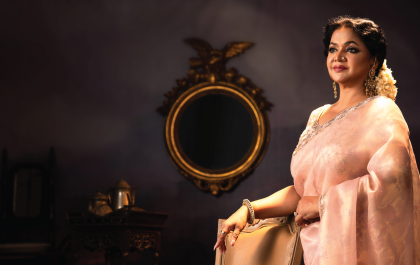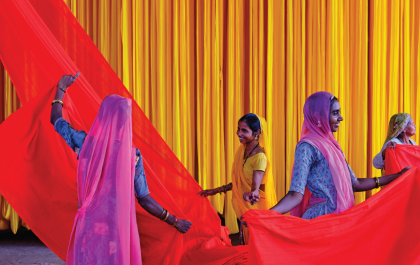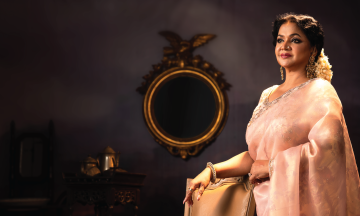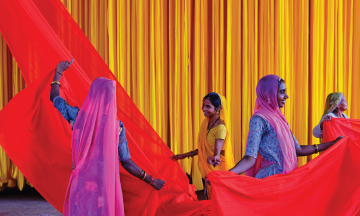For many people, memory, or rather, the ability or recall, is simply a thing that they have – an innate attribute.
By Abak Hussain
“He has a terrible memory,” we say, “he forgets a movie as soon as the credits roll.” Or: “She has a terrific memory, she can remember the names and details of every client she has had in the last decade.”
It is as though the man with the goldfish-brain who seems to have his mind wiped clean every few minutes and the woman with detailed archival recall are blessed with two very different types of hardware with different amounts of memory assigned to them at birth – just as two computers might have hugely different memories.
But the true functioning of memory is vastly more complex than some people simply having “good” memories while others having “bad” memories. Just like any other skill, memory can be worked on. It can be trained to such a degree that recall may appear to be a supernatural feat to the ordinary observer – at the very least something achievable only by very rare and extraordinary brains.
Take, for example, the achievements of memory athletes in the arena of competitive memory sports. Rattling off the order of a shuffled deck of cards, or reciting long, original poems which are often nonsensical, or listing dozens of objects in perfect sequence – these feats do not seem like they should be possible, but they are.
Brain training could potentially take a person with a shoddy memory all the way to the World Memory Championships, if the right kind of dedication and discipline is there, and that is partly what makes memory sports so intriguing.
Memory athletes treat recall as something to be done carefully and consciously, and have a variety of tricks and tools at their disposal which allow them to do so, and they are constantly improving upon these skills. Of course, unlike cricket or tennis or even chess, this is hardly a mainstream spectator sport, but it does have its own devoted, nerdy subculture. Let us take a quick peek into that charming little world.
WHAT ARE THE WORLD MEMORY CHAMPIONSHIPS?
In 1991, brain trainer Tony Buzan and chess grandmaster Ray Keene together founded a series of memory challenges and joined them together as a global, annual, organized competition. Thus, the World Memory Championships were born, and with it, memory sports were being taken more seriously.
Those aiming to be in competition took training seriously, as seriously as would any Olympic athlete, and proudly identified with the label “memory athlete.” It was a glorious new geekdom, and Tony Buzan, who has done so much in his life to encourage brain training, from popularizing the technique of mind-mapping, to authoring a large number of books, will probably be remembered the most for bringing memory achievements under an official regulatory body.
There are ten sub-disciplines, and the basic objective in all of them is for competitors to memorize all they can in a certain amount of time. The most notable of these is the “speed cards” challenge: essentially memorizing a shuffled deck of cards in as little time as possible, with no errors. Other challenges include matching names to faces (15 minutes), memorizing random words (like kitchen, magenta, boomerang, martini … and so on, on and on), remembering binary digits (00011101010100011110101 … and it keeps on going …). You get the idea.
If this sounds eccentric, pointless, or impossibly difficult, you are not the only one. And yet, memory athletes, who are ordinary human beings and people as likely as you or me to forget the car keys or to turn off the stove, train in a specific way for these feats, and ace the challenges.
Mnemonics have been around since the classical world, and one may argue it was even more important back then – with paper and ink being prohibitively expensive, people really needed to remember important things. Memory athletes are keeping those techniques alive, as well as creating new ones.
You can use, as memory athletes do, memory palaces to remember a string of random objects, or creative mental associations to remember a deck of cards, or a string of numbers. For instance, a word can be broken up into chunks of sounds, each sound evoking a particular image. Exactly how your recall will come out is an intensely personal matter, and no one has the right to tell you what those mental associations should be – if a naughty limerick or an embarrassing memory can prompt you to remember a sequence of digits, so be it.
Going into too much detail on exact brain training methods is a bit beyond the scope of this column, but there are plenty of books out there that can help. If you are interested, check out the books of Tony Buzan, Harry Lorayne, and Dominic O’Brien (sort of the GOAT of the world of memory sports). For a journalistic account of an ordinary person training to enter memory competition, you can try Joshua Foer’s Moonwalking with Einstein.
Memory Games is a superb documentary film that tracks the journey of a few young memory competitors, including the charismatic Yanjaa Wintersoul, and is worth watching for the charming, human element.
Of course, there is a wealth of information on the internet as well, so wading into these waters is a lot easier now than it was 30 years ago. Pakistani memory athlete Emma Alam puts out a lot of top-notch, effective content, so her work definitely is worth looking into, particularly for beginners, and for students who want study tips.
A small word of warning though: the internet is absolutely overflowing with content on improving brain power and more specifically, boosting your memory. A lot of it consists of platitudes or unscientific advice. It is good to always check the validity of the sources to make sure the tips are solid and workable, and are not just content peddled by faux-gurus hoping to make a quick buck by selling their e-book.
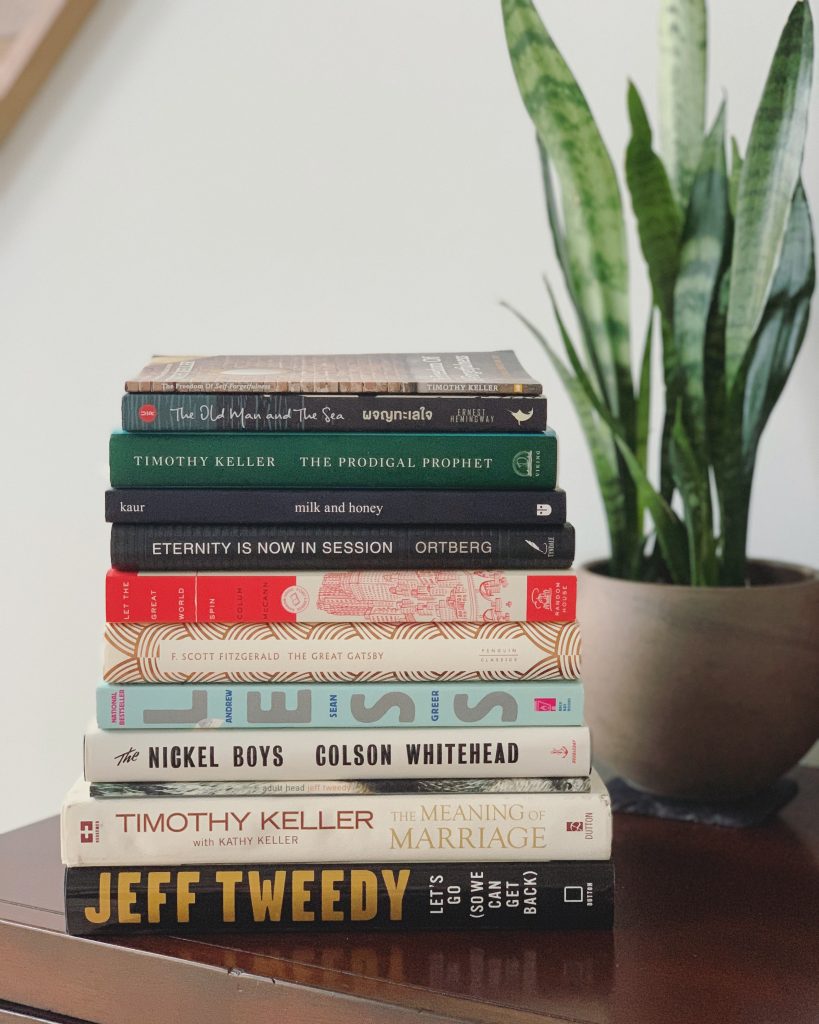
Photo: Tim Wildsmith
ALL THAT WE REMEMBER
Here in Bangladesh, our standard education system has been criticized, and rightly so, for focusing too much on rote learning. Memory training, then, should never come at the expense of developing one’s critical faculties.
Interestingly, for all our system’s emphasis on regurgitation, we have not come anywhere near producing our own world memory champions or even strong contenders. This is because true memory athletes know the connection between memory and things like creativity, imagination, emotion. It is not about rote learning – far from it.
Our brain survives by making associations, and one thing reminds us of another. We should embrace and lean into these associations, rather than try for a kind of brute force memorization, which not only eventually fails, but also gives students a bad taste in their mouth regarding learning in general.
For me, learning to love memory games has come after a long, hard journey of purging and overcoming various bad associations from my early schooling. It is clear to me that memory is a friend of creativity and critical thinking – they are not at odds. So now, looking at the world of memory sports and marvelling at the techniques and achievements of these young athletes is not just inspiring – it is healing.
Abak Hussain is Contributing Editor at MW Bangladesh.




